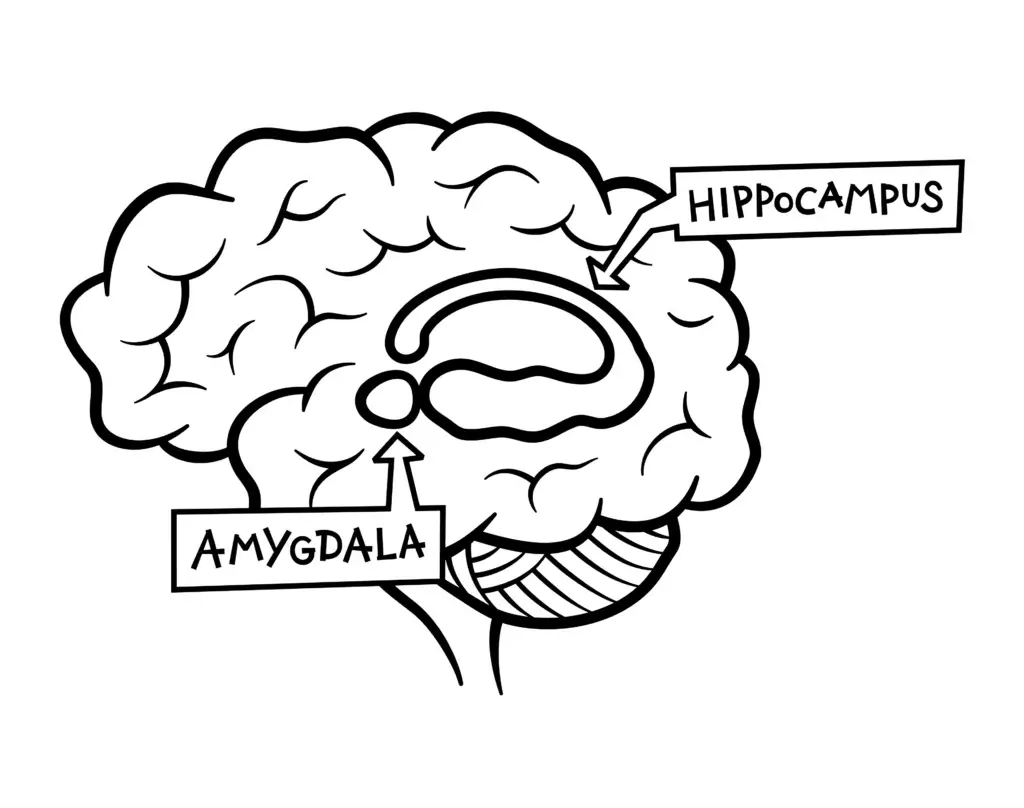Trauma that either took place in the past or is ongoing can cripple a person’s ability to deal with daily life. When they also struggle with addiction to alcohol or drugs, they can feel hopeless. Fortunately, programs that offer both addiction and trauma treatment provide much-needed help that allows the person to gain control of their lives and enjoy sobriety and better mental health.

Defining What Trauma Actually Is
Trauma can happen after a person experiences a singular event, multiple instances of that event, or several different types of traumatic events. It can even happen from witnessing an event, such as an act of war. These acts of trauma include:
- Childhood neglect or abuse
- Sexual assault
- Physical assault
- Domestic violence
- An accident
- Military acts or events
- Death of a loved one
- Long-term illness
- Natural disasters, such as hurricanes, floods, or tornadoes
- Community violence
Many people develop post-traumatic stress disorder (PTSD). PTSD can occur in three forms: acute, chronic, and complex. Symptoms of acute PTSD last four weeks or less, while chronic PTSD symptoms last longer. Complex PTSD is a common result when a child or adolescent was exposed to traumatic events or continues to currently live with them. Addiction and trauma treatment can identify the type of PTSD a person has and formulate a plan for overcoming it.
How Does The Brain Process Trauma?
The human brain processes trauma in a complex way that involves various regions and neural pathways. When someone experiences a traumatic event, the amygdala (responsible for processing emotions and memories) sends a distress signal to the hippocampus, the part of the brain that deals with memory storage. This signal triggers the release of stress hormones, like adrenaline and cortisol, which activate the fight, flight, or freeze response in the body.
At the same time, the prefrontal cortex, the part of the brain responsible for rational thinking and decision-making, can become overwhelmed and shut down, making it difficult for the person to process and make sense of what is happening. This can lead to feelings of dissociation or a sense of being disconnected from one’s body.
Over time, if the past trauma is not processed or resolved, the neural pathways associated with the traumatic event can become entrenched, leading to symptoms such as intrusive thoughts, flashbacks, and hyperarousal. These symptoms can persist long after the traumatic event has ended and can negatively impact a person’s mental and physical health.

Signs and Symptoms of Trauma
When a person’s life becomes directly impacted by trauma, whether ongoing events or those from the past, they exhibit signs and symptoms. Common ones include:
- Difficulty thinking
- Loss of interest in daily activities and hobbies
- Isolating from family and friends
- Poor performance at work and in school
- Insomnia
- Easily startled
- Easily triggered by certain places, people, and situations
- Having flashbacks
- Changes in eating habits
- Abusing alcohol or drugs
Trauma can also cause fluctuations in a person’s moods and emotional state of mind. Many people experience depression, anxiety, panic attacks, irritability, anger, and mood swings. They may also have trouble feeling anything, often existing in a state of emotional numbness. It is only through treatment that a person can gain control of their lives and eliminate these symptoms.
The Correlation Between Addiction and Trauma
A report shows that people who end up developing alcohol or drug addictions have a high percentage of having experienced childhood trauma. The same report cites some disturbing facts about the correlation between addiction and trauma:
- Approximately two out of three IV drug users experienced traumatic events such as abuse.
- Approximately one-third of people exposed to trauma end up developing PTSD.
- 75% of adults in treatment for addiction have histories of trauma and abuse
- 97% of homeless women suffering from mental illness have experienced physical or sexual assault.
Sadly, once a person develops an addiction at least partly due to having experienced trauma, they increase the risk of being re-traumatized. This is because people who abuse substances often engage in high-risk behavior that can result in another traumatic event happening. When it does, they are ill-equipped to address it due to their addiction.

How Addiction Recovery and Trauma Treatment Go Together
Addiction to drugs and alcohol can stem from singular or multiple causes. A common theme that shows up when a person explores the genesis of their substance use disorder is trauma. When trauma experienced has such an enormous impact that it sparks the development of an addiction, it stands to reason that it must be explored as part of addiction and trauma treatment. When the effects of the trauma can be identified and addressed, it contributes to creating a recovery that proves both effective and long-lasting.
A program that addresses both addiction and trauma treatment often proves more effective than when a person seeks separate treatments at different times. Dealing with the aftershocks of trauma can be a contributing factor to a person abusing alcohol or drugs. The treatment they receive for trauma reduces and often eliminates the traumatic symptoms they experience. When this happens, their urge to self-medicate with substances begins to subside.
At the same time, as a person begins to live life without the haze of alcohol and drugs, they become better equipped to participate in trauma treatment. Being sober allows the emotions related to trauma to surface. Proper treatment helps the person put them in perspective, adapt healthy new coping skills, and put the trauma behind them. This combination of treatments results in a person moving forward into a sense of safety, confidence, and self-empowerment.
How to Treat Addiction and Trauma
Many programs provide both addiction and trauma treatment, allowing a person to deal with both issues head-on and make faster progress than when they face them alone. Treatment usually begins with a detox program to help the person stop using drugs and alcohol. Detox can be followed up by either residential or outpatient treatment.
Common therapeutic approaches that help a person overcome trauma include cognitive-behavioral therapy, dialectical behavior therapy, and experiential therapy. Eye movement desensitization and reprocessing therapy, known as EMDR, helps many people overcome the impact of trauma through a series of eight controlled phases. A trained therapist directs the person to recount a traumatic event while guiding them through a series of eye movements and tapping their fingers or hands.

Benefits Of Trauma Therapy In Addiction Treatment
- Improved coping skills: Trauma-informed therapy can help individuals develop healthy coping skills to manage their emotions and stress levels, which can lead to better mental health and overall well-being.
- Reduced symptoms of trauma: Trauma therapy can help individuals process and work through traumatic experiences, reducing the severity of symptoms such as flashbacks, nightmares, anxiety, and depression.
- Enhanced self-esteem: Trauma therapy can help individuals regain a sense of control and empowerment by addressing the impact of traumatic experiences on their sense of self. As a result, individuals can develop a greater sense of self-esteem and confidence.
- Improved relationships: Trauma can have a significant impact on an individual’s ability to form and maintain healthy relationships. Trauma therapy can help individuals address these issues and improve their ability to communicate and form positive relationships with others.
Addiction and Trauma Treatment in Los Angeles
Dealing with addiction and trauma challenges even the strongest of people. If you know a young adult who needs help overcoming their addiction and learning to manage symptoms of trauma, our program can help. We offer detox and outpatient services designed to treat the unique needs of each client and put them on the road to recovery. Contact Launch Centers in Los Angeles today and find out how we can help.






